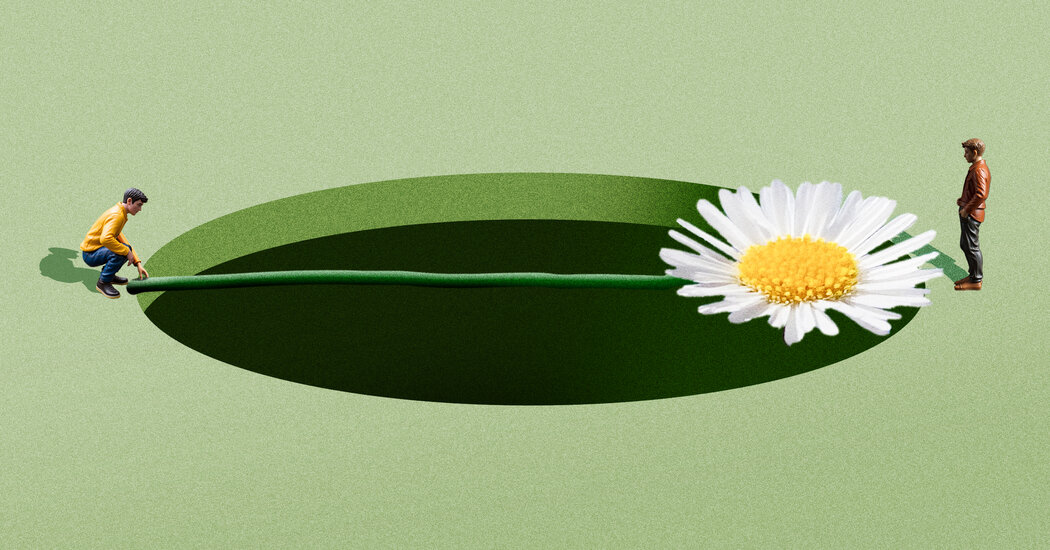Expecting the worst from others is actually bad for our health, experts say.
There are days when the world brings out our sardonic side.
But we should fight against what Jamil Zaki, the author of “Hope For Cynics: The Surprising Science of Human Goodness,” calls the “cynicism trap.”
Cynicism — the belief that people are generally selfish, greedy and dishonest — can make us feel safer and smarter, he explained. But there is evidence that a cynical worldview may also have a negative effect on our health, making us more likely to suffer from depression, heart disease and burnout.
And research suggests that beliefs stemming from cynical thought are untrue, said Dr. Zaki, who is also the director of the Stanford Social Neuroscience Lab. We can check our cynicism by balancing our perspectives, he said. The world isn’t a perfect place, but it isn’t all bad either. He encourages readers to become “hopeful skeptics” who think critically about societal problems while recognizing how kind and generous others really are.
Cynicism, he writes in his book, is a lack of faith in people, while skepticism is a lack of faith in our assumptions.
So the next time you have a cynical thought, he said, fact-check the beliefs behind it instead of relying on fears or vague feelings. Ask yourself: What information do I have to back up this claim? Am I making blanket statements?
I asked experts for a few more ways to stave off cynicism.
Look for moments of ‘moral beauty.’
We tend to pay more attention to negative events than to positive ones, a psychological principle known as negativity bias.
